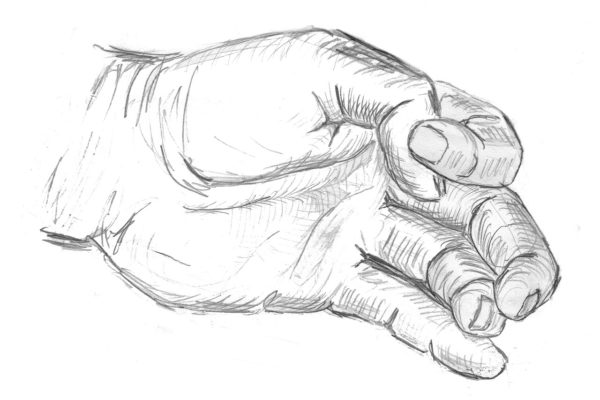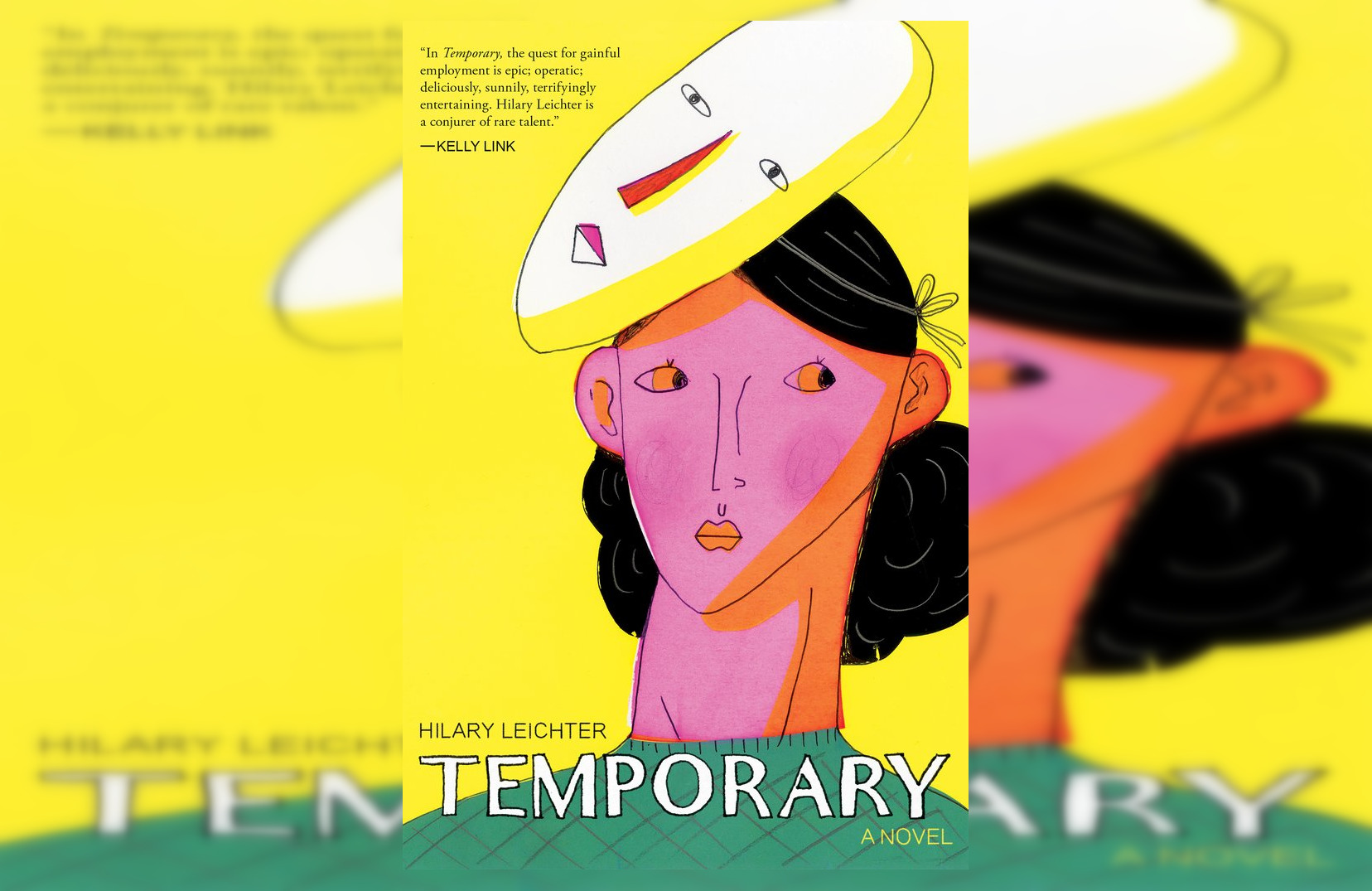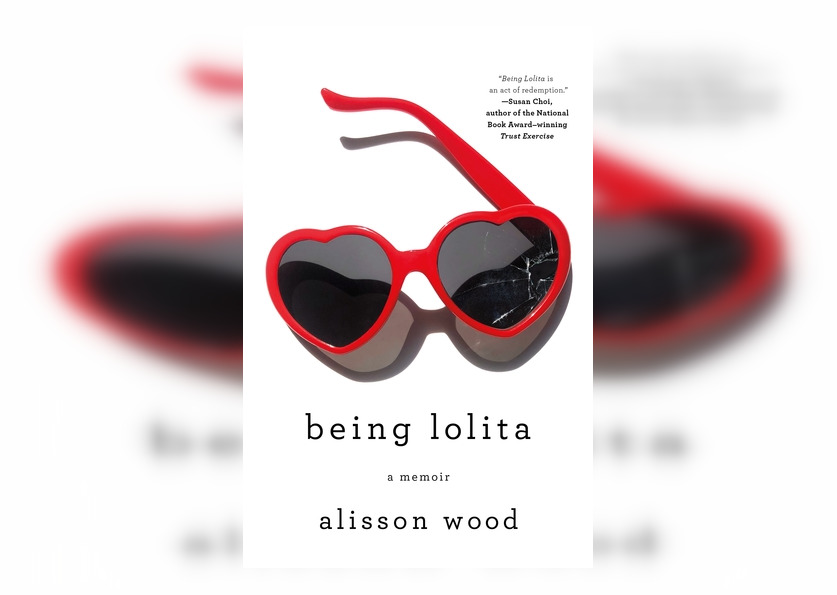by Erica Stisser
For writers, the spoken word informs what we bring to life on the page. Talking and listening are just as important to language as typing or scrawling, but this is easy to forget when most of our time is spent buried in books. A trained grasp of Strunk, White, Miriam, Webster, and Roget is essential, sure, but in conversation there’s a keen understanding of the parlance that text alone does not provide. And that’s why I eavesdrop on the subway. I’m not afraid to admit it. I wear this as a badge of my well-adjusted, innocuously meddlesome New Yorker-ness that shows I will pull my face out of a pumpernickel bagel only for the amount of time it takes to Google the foreign phraseology of these D train ninth-graders.
It’s only when hanging in midair, suspended by the plosives and spirants and the echo of syllables, that slang becomes possible.
Articulating words aloud brings them off the page into the space where language forms living, breathing character. It’s only when hanging in midair, suspended by the plosives and spirants and the echo of syllables, that slang becomes possible. On the subway, in the fragments of after-school debate, words like “extra” join the New York vernacular.
I first heard “extra” in conversation on the 3 while stalled somewhere between 34th and Times Square. Late afternoon is the best for riding with the 14-year-olds from the Chelsea charter schools who will teach you everything that’s cool during a 29-minute train ride. I had learned, so far, that labels on clothing are passé, poke bowls are the new tacos, and that Kylie lip kits totally aren’t worth it, even if her last instagram was everything.
The conversation turned to school matters; a paper or a quiz or some class one of the teens found difficult but another breezed through. The former was lamenting the classroom injustice, dramatically and inconsolably, until a third party stepped in with a laugh and a good-natured clap on his back.
“Ok, man. You’re being a little extra.”
Minimalistic deployments of “extra” enhance the term’s power, unlike many other slang terms that require context to be so effective. “Extra” sums up what is felt but not yet expressed. It’s a shortcut to a resolution; “extra” is a lexical stem cell treatment. Skillful use of “extra” is not a test of vocabulary or diction, but of timing. “Extra” has an ease of use and a roll-off-the-tongue quality when pronounced. Extra – full-stop, no adjective necessary – implies that we just haven’t the tolerance or moral fortitude to continue. Society is so overwhelmed by your histrionics that, post-adverb, we’ve been rendered speechless.
Pumpkin spice everything for fall? Slow down kid, you’re being a little extra.
“Extra” can go one of two ways, and it’s for the speaker to decide if she’s going to align herself positively or negatively with the issue at hand. Pumpkin spice everything for fall? Slow down kid, you’re being a little extra. But I’m sorry, have you tasted the fish-sauce braised Brussels sprouts at Ma Peche? Extra in the best possible way. And need I even bring up Trump this election season? Hoo, boy. Extra extra.
It’s a fitting turn of phrase for this particular moment in time and culture because “extra” implies that we’ve almost reached our breaking point. We’ve run out of ways to get our point across – or at least, to retain a listener’s interest in the opinions we share so strongly. “Extra” isn’t subtle. We throw ourselves into the creed with abandon, and we label the non-believers and the obtuse as extremists.
“Extra” is new to me, still, but I’m warming to it as an evolution of those monosyllabic affirmations of tacit understanding. The 90s gave us “word;” the aughties, Reddit, and the affirmative “this” (often all-caps, often emphatically punctuated) in support of Above Poster’s conspiracy theory. I’m careful to use it in conversation because, like any alien dabbling in a nonnative dialect, fluency doesn’t set in overnight. The more I hear it, the more aware I become of how many breaths I waste in rhetorical nuance, and this is the issue that “extra” ultimately brings to light – make your point, but only if you’re gonna be blunt about it.
Erica Stisser is an MFA candidate in fiction at Columbia University’s graduate writing program in the School of the Arts. Originally from Connecticut, Erica moved to New York five years ago to pursue the weird world of advertising and wrote the words for some of those pre-roll videos you can’t wait to skip on YouTube. She has a penchant for running, bar trivia, and breakfast-for-dinner.




